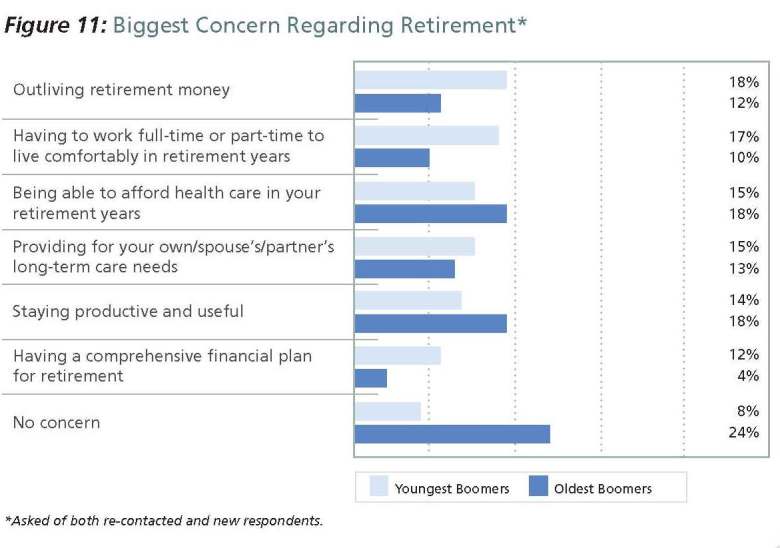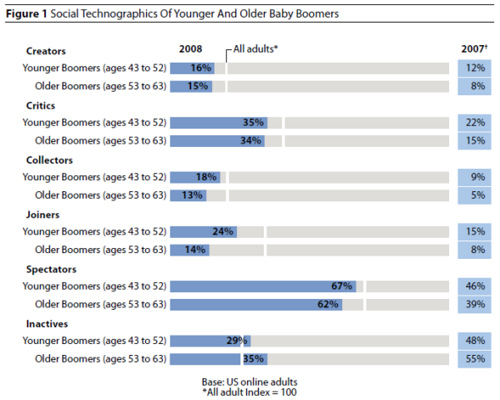Grandparents. 70 million of them in the US. They buy $2 trillion worth of goods and services annually. High levels of income and eduction. And they spend alot of money on their grandchildren. And a whole lot of them are baby boomers!
The new report from grandparents.com takes a comprehensive look at the grandparent market — who they are, how they spend their money — and why marketers should pay attention.
Here are some of the facts:
- Three in every ten adults are grandparents.
- Medican age of a first time grandparent is 50 for women and 54 for men.
- By 2010, more than half of grandparent’s will be baby boomers.
- By 2010, households headed by 55-64 year olds will earn the highest average income, surpassing that of families headed by 45-54 year olds for the first time.
- Grandparent spending on grandchildren has grown an average of 7.6% per year since 2000.
- Grandparents make 45% of the nation’s cash contributions to nonprofit organizations and account for 42% of all consumer spending on gifts.
If you attended the Boomer summit in Las Vegas you might have had a chance to hear Jerry Shereshewsky talk about this market. This is new research and well worth a read if this is your target market.
posted by Laura Rossman

 There has been a flurry of blog postings lately on the wonder of baby boomers using social media and social networking. It seems to stem from an updated report from Forrester Researcher Jeremiah Owyang .
There has been a flurry of blog postings lately on the wonder of baby boomers using social media and social networking. It seems to stem from an updated report from Forrester Researcher Jeremiah Owyang . 
